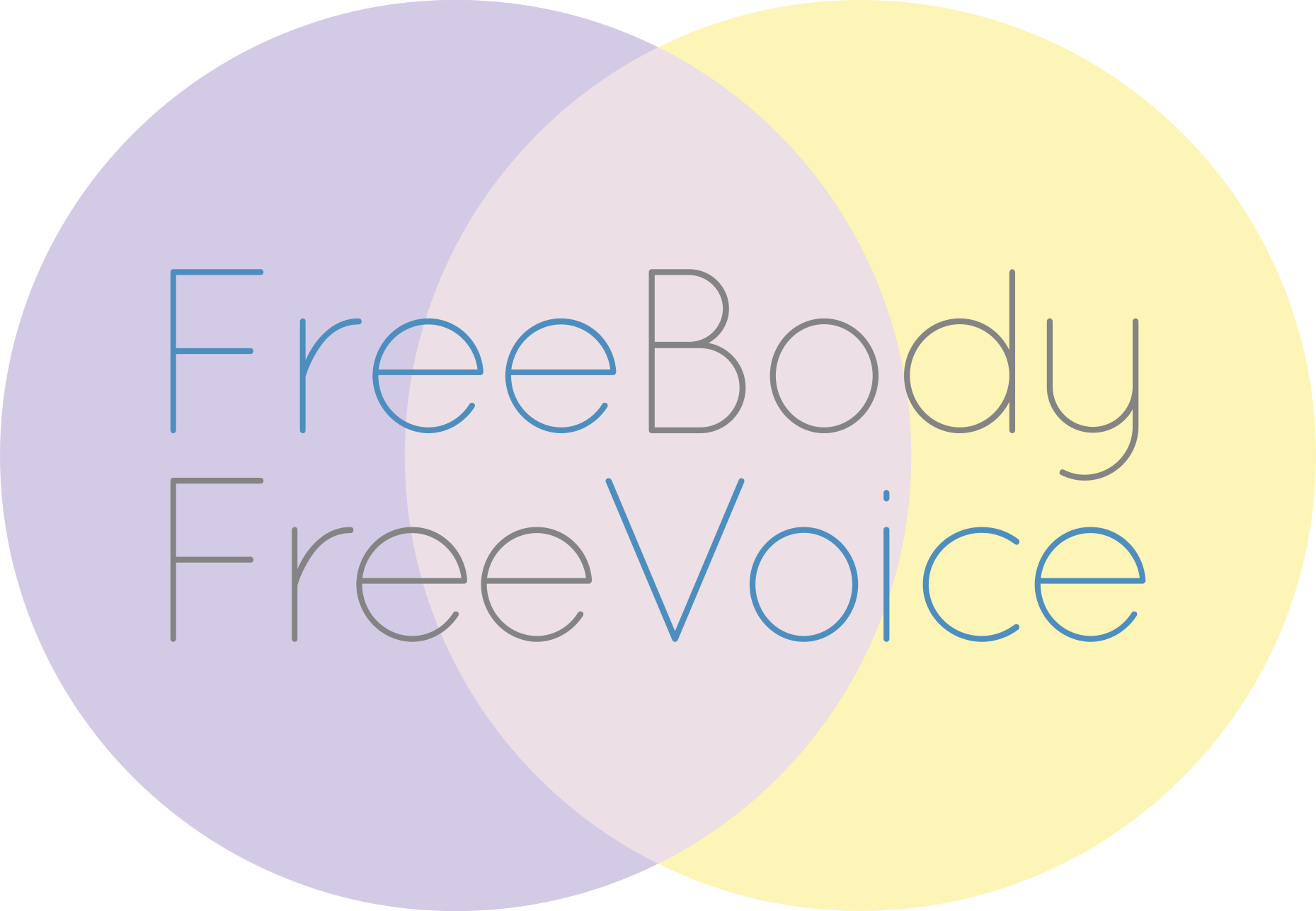You suck at hearing yourself
F.M. Alexander wrote about a phenomenon he called debauched kinesthesia, a tendency to misinterpret how our own alignment feels to us. I can get so used to distorting my posture that the distortion begins to feel normal. If someone brings about a postural improvement for me, the new alignment is likely to feel wrong. If I look in the mirror, I'm likely to be surprised that my body does not look as deformed as it feels.
This disorienting mismatch between my kinesthetic perception and reality can affect my other senses too, including my hearing. This is one reason that we are unreliable judges of our own singing.
Here's an example of how the "debauching" of our hearing occurs:
I can’t hear you—I have a misconception in my ear.
I'm going to use the case of a (completely made-up) singer named Cavatina. Cavatina has been singing (mostly Mozart and Puccini, with a few of the lighter Verdi soprano roles like Gilda thrown in) for 10 years. During that time, she's developed a habit of adding extra abdominal tension — which she likes to call "support" — to her high notes. The resulting imbalance of tension throughout her body interferes with her vocal freedom, but she's been doing it so long she doesn't even register that she's doing anything extra.
At Cavatina's first lesson with me, I am able to "trick" her into singing high notes without the extra abdominal pushing. The resulting tones are newly free; they have a bright, ringing quality and sense of naturalness and easy power that is delightful to hear.
To Cavatina's ears, however, these newly free tones sound somehow insufficient. She finds them thin, too quiet, generally weak. She believes that she could never use this sound on stage. Why can't she hear how wonderful she sounds?
Cavatina's brain is tricking her. It is misinterpreting the sound of her voice. Without the excessive tension it is used to registering on high notes, her brain "assumes" that the notes are inadequately powered and that is exactly what it "hears." It may take many repetitions of the new, free experience for Cavatina to begin to trust that her improved technique is not only easier, but also vocally better. Feedback from trusted 3rd parties (like her teacher—me) and recordings of her own voice may help shift her trust in her new technique faster.
When we begin to notice how our brains misinterpret the world, it can make us feel crazy. But the inconsistency of our perceptions vs. reality can be fun in a wacky sort of way. I've come to delight in how my back feels all slumped, but looks elegantly upright in the mirror…and how the notes that my teacher informs me are filling the room with baritonal glory sound tiny and weak to my own ears.

